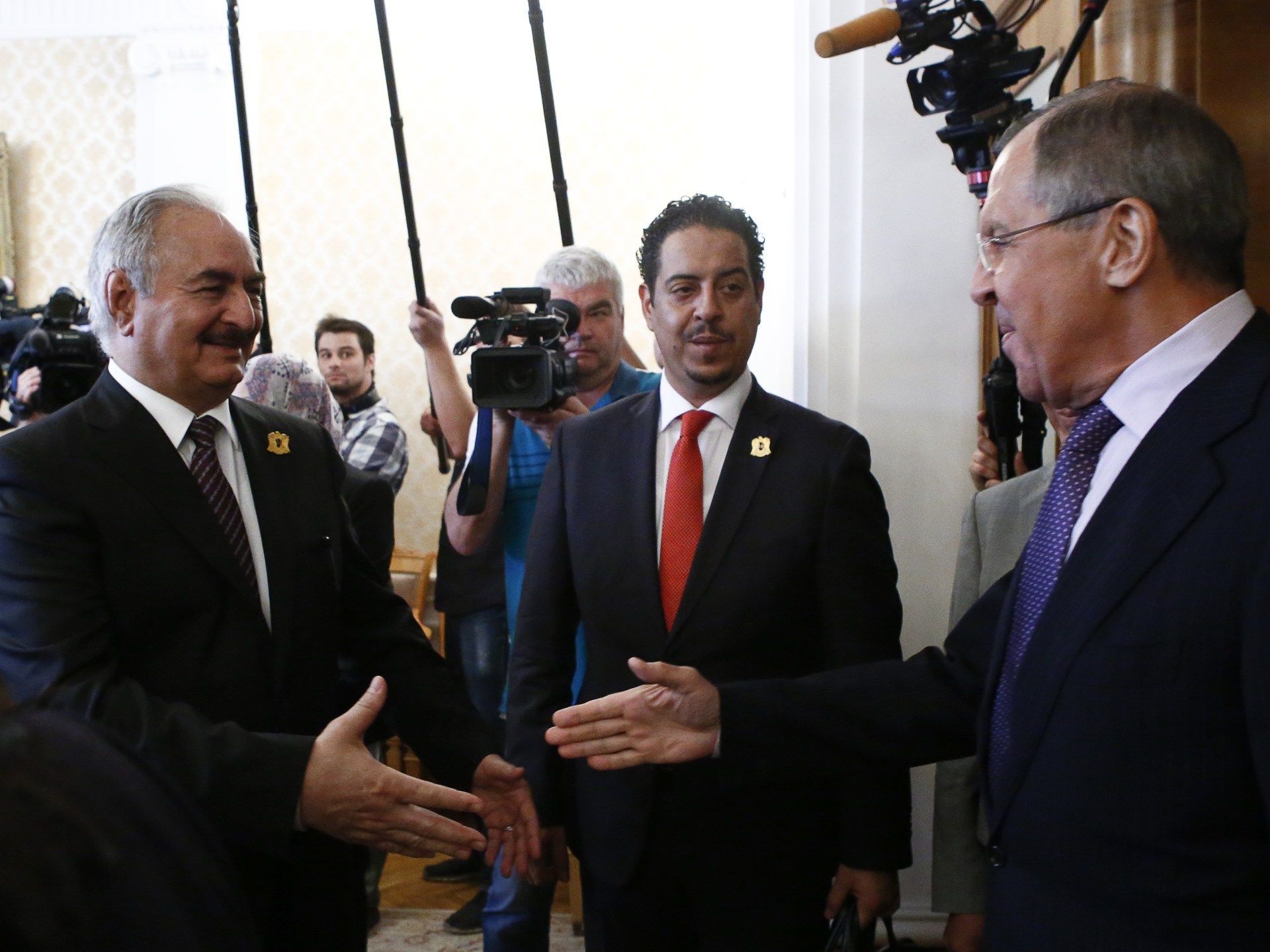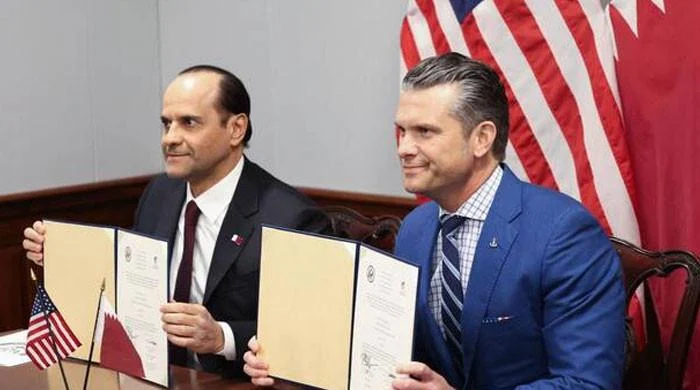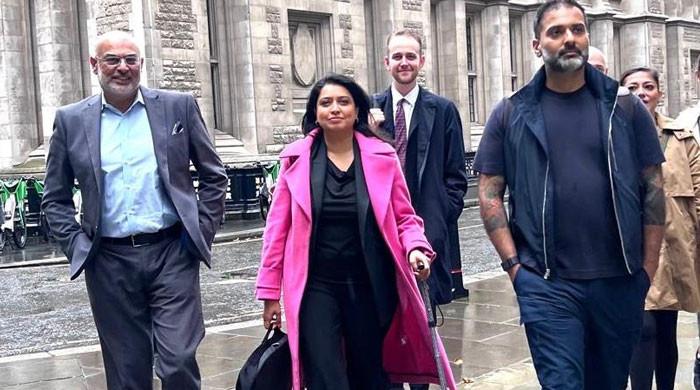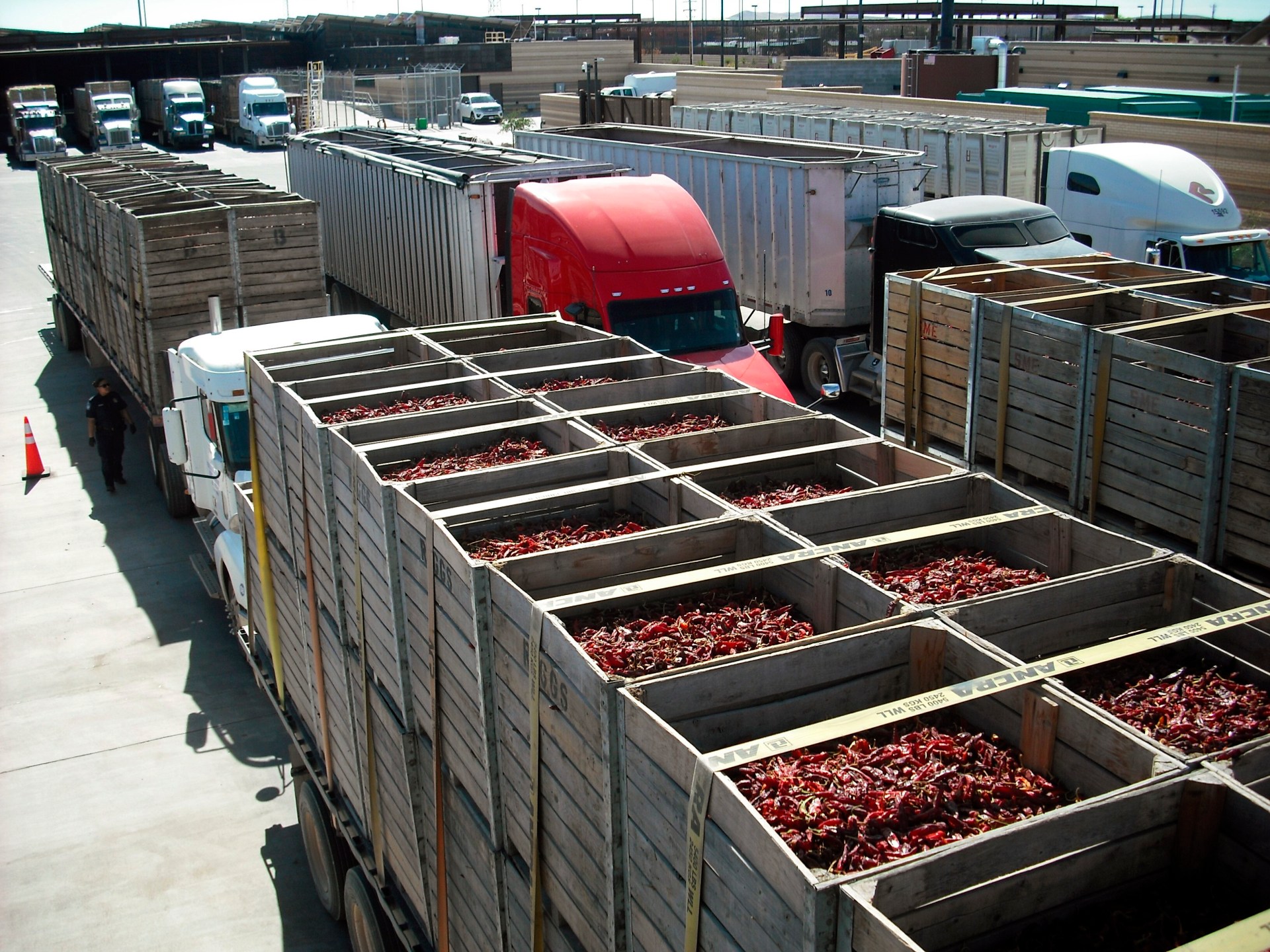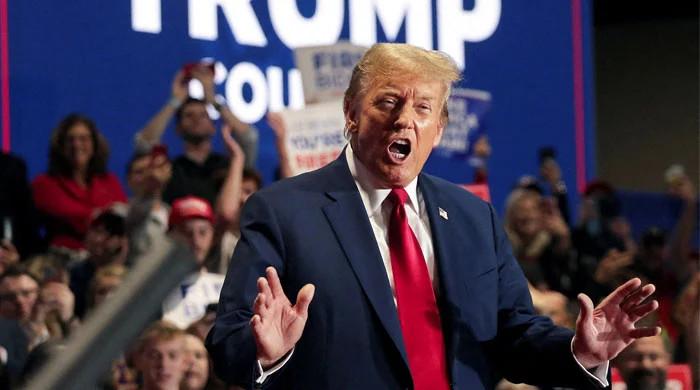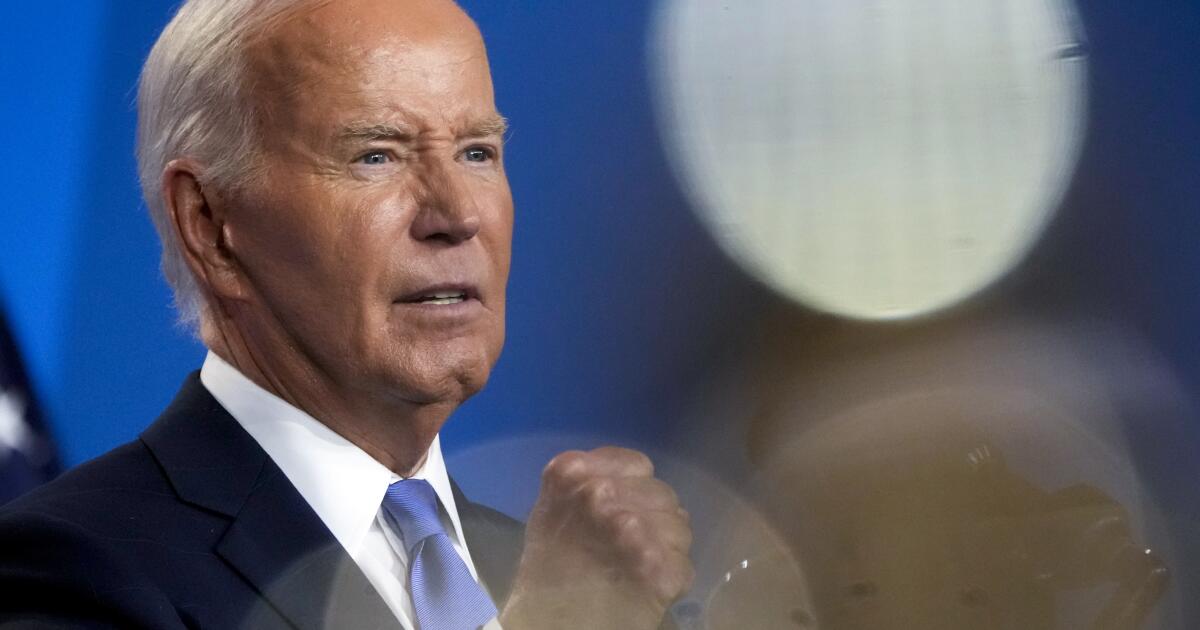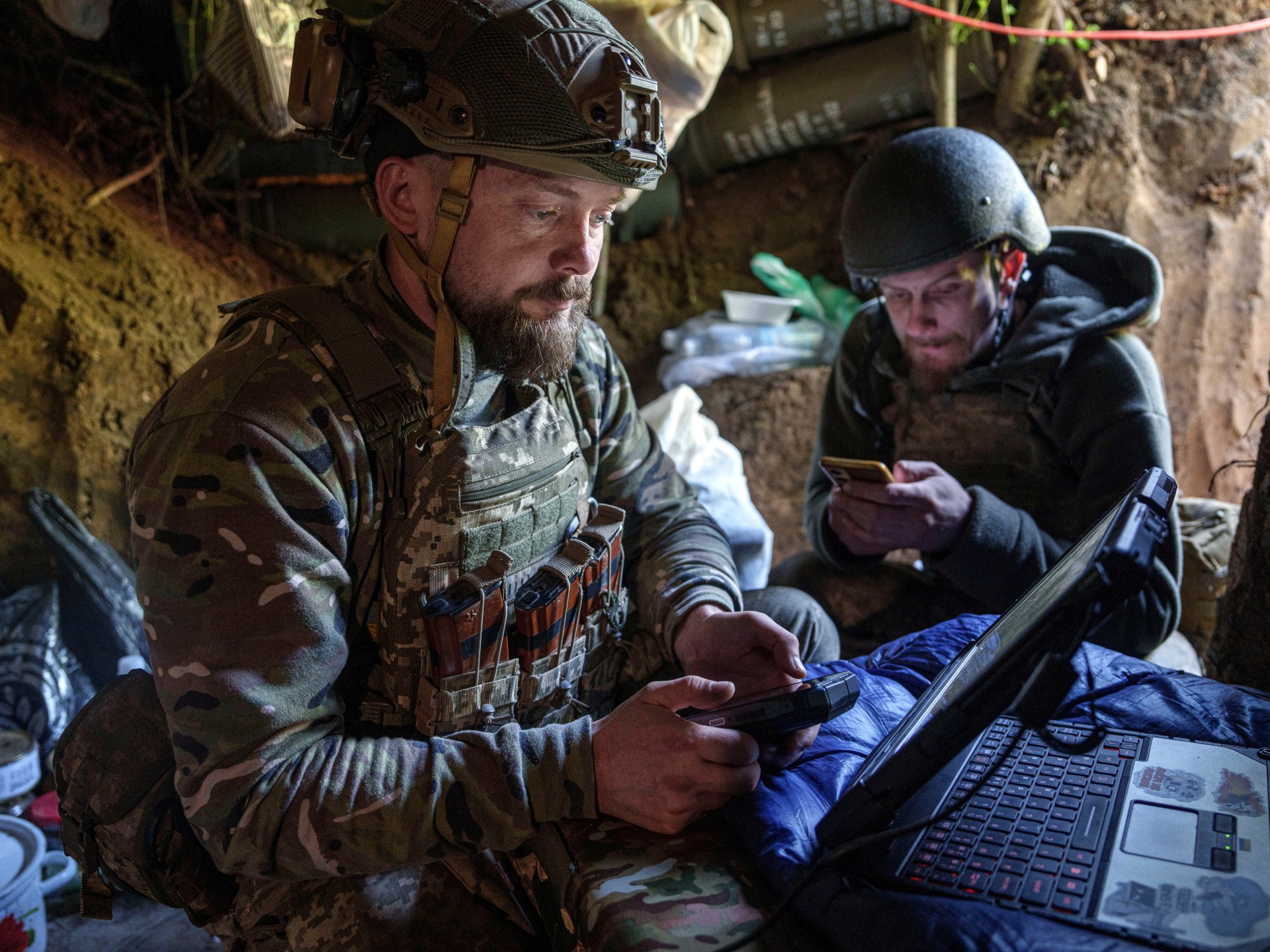With much of the world watching the carnage unfolding in Gaza, Russian President Vladimir Putin continues to expand his country's reach in Africa.
Russia, through private military contractor (PMC) Wagner, has had an increasing presence in Libya since at least 2018, when the group was first reported to be training troops under the command of renegade military commander Khalifa Haftar, leader of the Libyan National Army. , forces belonging to the east of the country's two parliaments.
But following the death of Wagner founder and former Putin ally Yevgeny Prigozhin following his failed coup in Russia last year, the fate of the paramilitary force in Libya and Africa appeared uncertain.
Russia operates several PMCs. However, none are said to be as close to the Kremlin or as widely deployed as the one founded by Prigozhin. At little cost to the Kremlin, Wagner has given Russia financial, military and political influence in large areas of Libya and Africa.
Given what was at stake, the Kremlin was never likely to dissolve Wagner, despite his active rebellion last year. Instead, after Prigozhin's long-anticipated disappearance, his business and military interests were divided among Russia's various intelligence services, according to a report by the Royal United Services Institute (RUSI) published this week.
Like other PMCs, such as the US-based Constellis (formerly Blackwater), Wagner allowed his government to operate in foreign conflicts at arm's length: projecting power while maintaining a degree of denial. That distance also allows PMCs to operate outside the typical confines of state warfare, engaging in terror and disinformation campaigns in a way that conventional forces cannot.
Command of Wagner's presence abroad has been assigned to Russian Military Intelligence (GRU), specifically General Andrei Averyanov. Through a series of intermediate PMCs such as Convoy, established in Russian-occupied Crimea in 2022, and Redut, active in Ukraine but established in 2008 to protect Russian business interests while maintaining legal deniability, Wagner's Ukrainian operation is becoming the Volunteer Corps, with other operations becoming the Expeditionary Corps.
That his ambition remained intact was evidenced by his initial instruction to build an Africa-wide fighting force of some 40,000 contractors (since reduced to 20,000, but much larger than its current footprint).
Perhaps some measure of General Averyanov's intentions can be gained by looking at the former command of Unit 29155, the wing of Russian military intelligence supposedly responsible for monitoring foreign assassinations and destabilizing European countries.
african dreams
Africa, one of the richest continents in terms of minerals and energy, is experiencing a “youth boom” that could change the demographics of the world.
Within Africa, Libya has the largest oil reserves and gold deposits estimated to be among the top 50 in the world. Furthermore, its geographical location, which links Niger, Chad and Sudan with North Africa and Europe, makes it of vital strategic importance.
Averyanov has already been busy, traveling to meet Field Marshal Haftar in September last year, followed by trips to Mali, Burkina Faso, the Central African Republic (CAR) and Niger.
In all cases, the offer was largely the same: resources for security.
Only in Libya was that rubric broken. Russia's lucrative oil drilling plants operate under the auspices of Libya's other internationally recognized government in Tripoli, meaning Haftar and his allies, which the US Department of Defense says include the United Arab Emirates, They would have to pay for the deployment of the Expeditionary Corps themselves. .
“Haftar needs Wagner,” said Tarek Megerisi, a member of the European Council on Foreign Relations, using the group's best-known name. “Also, while he welcomes them in Libya, [Wagner] can use its position to shore up operations in Syria, Sudan and elsewhere.
“It's a network,” he continued, citing reports. “It's not just about military support either. They are using their position in eastern Libya to transport [illegal narcotic] Syria's Captagon transfers gold to evade sanctions and helps smuggle migrants from southern Africa and as far away as Bangladesh.
“Libya is a hugely profitable area for Wagner,” he said.
Presence
According to current estimates, the Expeditionary Force is believed to have about 800 contractors deployed in Libya, and another 4,600 scattered across sub-Saharan Africa. In addition to its fighters, the Expeditionary Corps maintains three air bases – one in the Sirte oil basin, another in Al Jufra, in the interior, and another in Brak al-Shati – which, according to analysts, allows both groups (the Haftar Army's Libyan National Army and the PMC) to move goods between allies in Sudan and other sub-Saharan locations.
In addition to their presence on the ground, talks are underway to grant Russian warships docking rights in the port of Tobruk in exchange for LNA air defense systems and pilot training.
“The central and eastern Mediterranean is an incredibly important area for Europe and, by extension, for NATO,” said Ivan Klyszcz, an authority on Russian foreign policy at the International Center for Defense and Security in Tallinn. “Russia already has a Mediterranean port at Tartous in Syria, a port at Tobruk would deepen that presence and potentially put them in competition with Europe, not least with the British, who maintain a large naval presence in Cyprus.”
That the Expeditionary Corps could increase its number of troops to 20,000, referred to in the RUSI report and widely discussed by military bloggers, already seems to be in sight.
“That doesn't seem unattainable, considering where they are now,” said RUSI's Jalel Harchaoui. “After all, we are not talking about purely Russian recruitment, but about continuous recruitment throughout Africa,” he said, recalling Wagner's transplant of fighters from Syria to Libya in 2020.
“Over time, what we might see is a PMC where local troops from one African state can deploy to another, where they will be free to operate under whatever rules they see fit. For example, in a state, it could simply be providing security for a head of government or a facility. In another, they may be asked to resort to rape, torture and landmines.
“The business model allows them to achieve all this, build alliances… at low cost for what is, at the end of the day, Russia's relatively small economy,” he said.
End of the game
However, although he is an important player, Wagner is far from alone on a shifting and occasionally crowded Libyan battlefield. In addition to Tripoli's allied militias, there are Turkish forces who allied with local commanders to counter and repel Haftar, backed by Wagner, when he attempted to seize and control the capital in 2020 and end the political stalemate in his favor. .
Furthermore, with Russia's extensive investment in Libyan energy protected and governed by the Turks' allies in Tripoli, there is no guarantee that Moscow's alliance with Haftar will not also fall victim to the cold pragmatism that has been constant amid the chaos in Libya since its revolution. .
“There is nothing to suggest that Russia is committed to Haftar,” Klyszcz continued, “Haftar is important because of where he is, not because of who he is. “It is more of a marriage of convenience than anything else,” he stated.
“The same goes for Türkiye. There is nothing to suggest that the PMC cannot cooperate with Turkey, as it has done in other parts of the world.
“You have to remember that Russia is committed to a global strategy with regional implications,” Klszcz said. “Putin's intention is to create a multipolar world, in which India and China hold power, rather than just the West as we currently have,” he said.

